3 min read
Preparations for Next Moonwalk Simulations Underway (and Underwater) 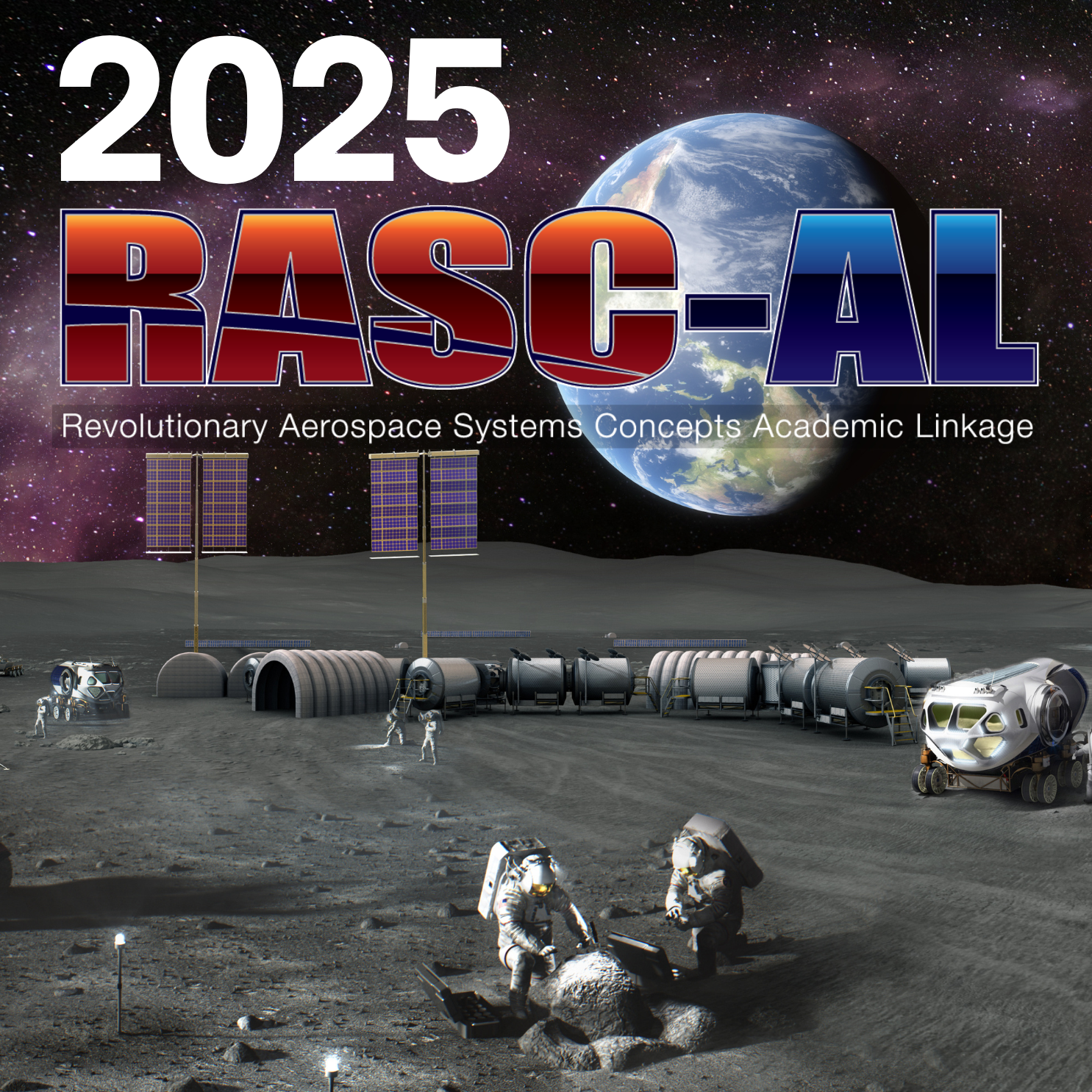 NASA has officially announced the 2025 Revolutionary Aerospace Systems Concepts – Academic Linkage (RASC-AL) competition.Credit: National Institute of Aerospace NASA has officially announced the 2025 Revolutionary Aerospace Systems Concepts – Academic Linkage (RASC-AL) competition, an initiative to fuel innovation for aerospace systems concepts, analogs, and technology prototyping through university engagement. RASC-AL, one of NASA’s longest-running student competitions, solicits concepts from the next generation of engineers and scientists to explore the future of deep space exploration.
NASA has officially announced the 2025 Revolutionary Aerospace Systems Concepts – Academic Linkage (RASC-AL) competition.Credit: National Institute of Aerospace NASA has officially announced the 2025 Revolutionary Aerospace Systems Concepts – Academic Linkage (RASC-AL) competition, an initiative to fuel innovation for aerospace systems concepts, analogs, and technology prototyping through university engagement. RASC-AL, one of NASA’s longest-running student competitions, solicits concepts from the next generation of engineers and scientists to explore the future of deep space exploration.
RASC-AL is seeking proposals from the university community to develop new concepts that leverage innovation to improve our ability to operate on the Moon, Mars and beyond. This year’s themes range from developing large-scale lunar surface architectures enabling long-term, off-world habitation, to designing new systems that address objective characteristics and needs and leverage human-scale exploration infrastructure for new science paradigms.
Through RASC-AL, teams and their faculty advisors will design innovative solutions with supporting original engineering and analysis in response to one of the following four themes:
Sustained Lunar Evolution – An Inspirational Moment
Advanced Science Missions and Technology Demonstrators for Human-Mars Precursor Campaign
Small Lunar Servicing and Maintenance Robot
“The RASC-AL competition is a wellspring for groundbreaking ideas,” said Dan Mazanek, Assistant Branch Head for the Exploration Space Mission Analysis Branch (SMAB) at NASA’s Langley Research Center in Hampton, Virginia. “It fosters creativity and pushes the boundaries of what is possible in space exploration. We are looking for innovative solutions that can advance our capabilities beyond Earth’s orbit and pave the way for sustainable lunar exploration and beyond.”
Interested undergraduate and graduate university student teams and their faculty advisors should submit a Notice of Intent by October 16, 2024, and submit proposals and videos by February 24, 2025. Based on review of the team proposal and video submissions in March, up to 14 teams will be selected to advance to the final phase of the competition – presenting their concepts to a panel of NASA and industry judges in a competitive design review at the 2025 RASC-AL Forum in Cocoa Beach, Florida next June.
In addition to their research, teams are also highly encouraged to develop a prototype of part or all of their concept to demonstrate its key functions. Each finalist team will receive a $6,500 stipend to facilitate their full participation in the 2025 RASC-AL Competition, and the top two overall teams will be awarded with additional travel stipends to present their concept at an aerospace conference later in 2025.
Dr. Christopher Jones, Chief Technologist for the Systems Analysis and Concepts Directorate (SACD) at NASA Langley, emphasized RASC-AL’s distinctive fusion of educational value with real-world experience. “RASC-AL provides students with a unique opportunity to engage directly with NASA’s vision for space exploration. Participants not only gain hands-on experience in developing aerospace concepts but also contribute fresh perspectives that the Agency can take as inspiration for future missions and technologies.”
The call for proposals is now open, with proposal submissions due by February 24, 2025. Interested student teams are encouraged to visit the official RASC-AL competition website for detailed guidelines and eligibility requirements.
RASC-AL is sponsored by the Strategy and Architecture Office within the Exploration Systems Development Mission Directorate at NASA Headquarters, and by SMAB within SACD at NASA Langley. It is administered by the National Institute of Aerospace.
For more information about the RASC-AL competition, including eligibility, complete themes, and submission guidelines, visit: https://rascal.nianet.org

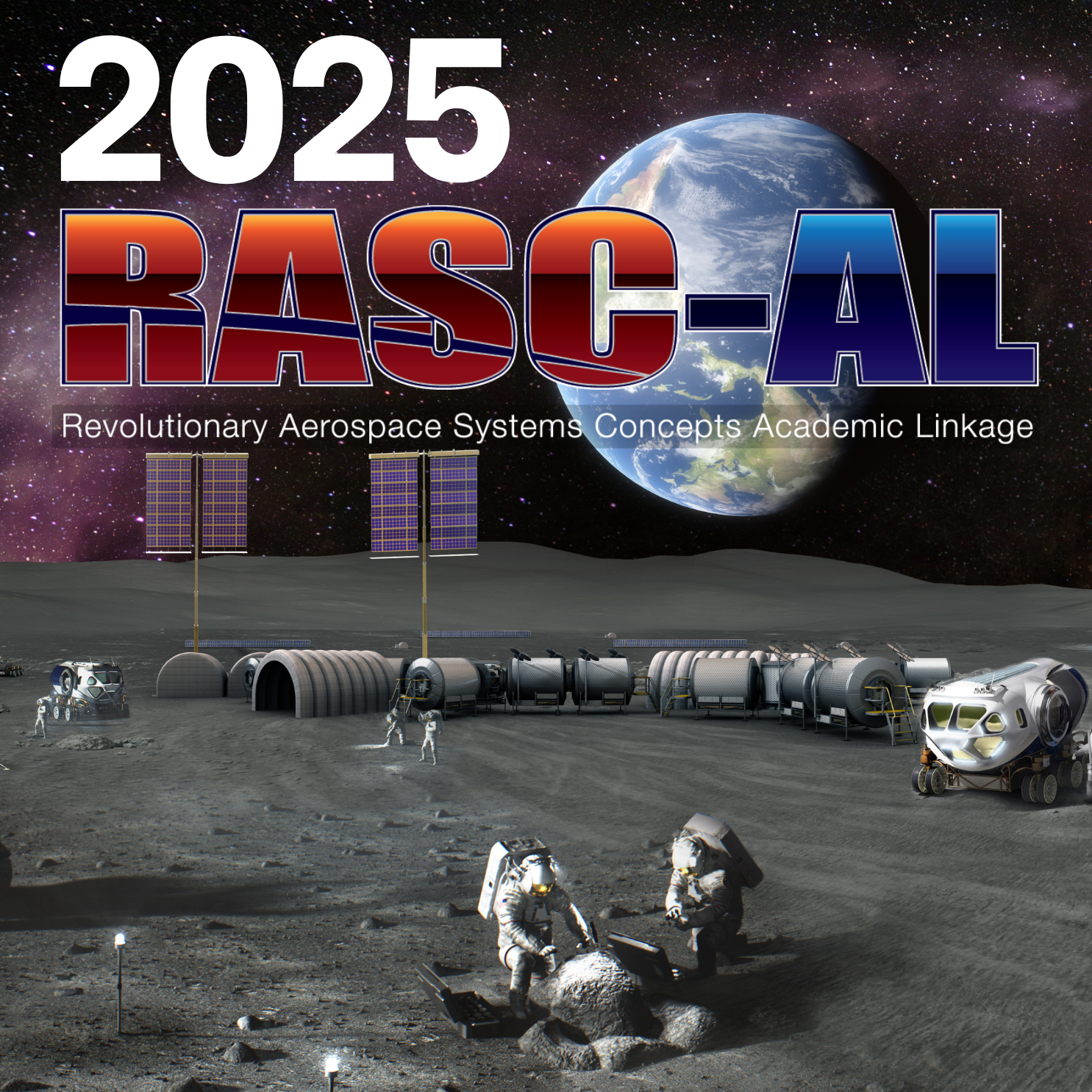
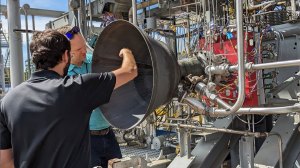 5 min read NASA Additive Manufacturing Project Shapes Future for Agency, Industry Rocket Makers Article 8 hours ago
5 min read NASA Additive Manufacturing Project Shapes Future for Agency, Industry Rocket Makers Article 8 hours ago 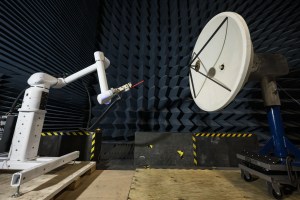 2 min read Earth to Gateway: Electric Field Tests Enhance Lunar Communication Learn how engineers at NASA’s Johnson Space Center are using electric field testing to optimize…
2 min read Earth to Gateway: Electric Field Tests Enhance Lunar Communication Learn how engineers at NASA’s Johnson Space Center are using electric field testing to optimize…
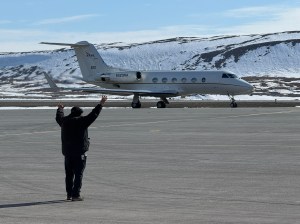 5 min read NASA Returns to Arctic Studying Summer Sea Ice Melt Article 6 days ago
5 min read NASA Returns to Arctic Studying Summer Sea Ice Melt Article 6 days ago 